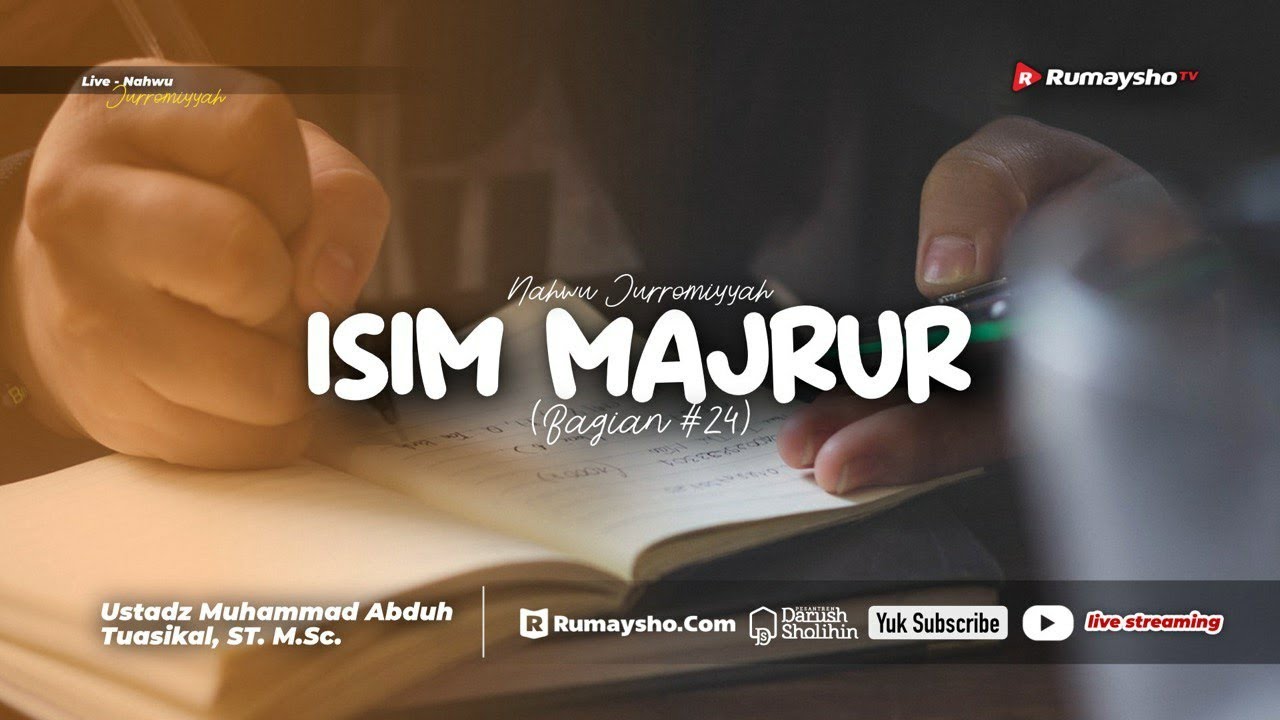Podcast: Bocchiaro et al. (2012) Disobedience and whistle-blowing | OCR A-Level Psychology (H567)
Summary
TLDRThe study by Bacciaro et al. explored how individuals respond to unethical authority requests, focusing on obedience, disobedience, and whistleblowing. It involved 149 university students, asking them to participate in a sensory deprivation experiment under false pretenses. The research highlighted that while many believed they would act morally, most participants obeyed authority, even when aware of unethical behavior. The findings challenge assumptions about moral behavior, showing that obedience to authority often prevails over individual moral principles. Despite personal characteristics, the majority of participants justified their actions by external forces, raising questions about authority and morality.
Takeaways
- 🔍 Bacchiaro et al. aimed to study disobedience and whistleblowing in response to unethical authority requests.
- 📢 Whistleblowing involves reporting wrongdoings in an organization, group, or by an individual, often to legal or ethical authorities.
- 📊 The study built upon Milgram's research on obedience, which found people are inclined to obey authority regardless of personal beliefs.
- 🧑🎓 The sample consisted of 149 undergraduate students, with participants asked to write statements encouraging others to partake in a potentially unethical sensory deprivation experiment.
- 📝 The study used two personality inventories: HEXACO-PI-R (measuring six personality traits) and Social Value Orientation (assessing pro-social vs individualistic tendencies).
- 💡 The experiment manipulated participants by requesting them to exclude negative effects in their statements, providing an ethical dilemma.
- 👥 Results showed 76.5% of participants obeyed the unethical request, while only 9.4% whistle-blew, with 14.1% disobeying.
- 🔄 Predictions by a separate group indicated a stark difference, with 64% believing they would whistle-blow, showing a disconnect between perceived and actual behavior.
- 🧠 The study revealed no significant differences in obedience or whistleblowing based on gender, religious affiliation, or personality traits, although whistleblowers tended to have more faith.
- ⚖️ Researchers concluded that acting morally under authority pressure is difficult, and people often shift responsibility to external factors to justify unethical behavior.
Q & A
What was the main aim of the Bacchiaro et al. study?
-The study aimed to explore who disobeys authority or blows the whistle, why they choose this challenging moral path, what they think at the decisive moment, and whether personal characteristics differentiate them from those who obey.
How does Bacchiaro et al.'s study build upon Milgram’s obedience research?
-Bacchiaro et al. sought to extend Milgram's findings, which concluded that people have strong inclinations to obey authority, by investigating when people choose to disobey or blow the whistle when faced with unethical requests.
What is whistleblowing as defined in the study?
-Whistleblowing refers to reporting wrongdoings in a legal or ethical sense, such as an individual reporting unethical practices by an organization or person, like a scam business being reported to the police.
Who participated in the study, and how were they selected?
-The study involved two main groups: 138 students at VU University Amsterdam who predicted the outcomes of the study, and 149 students (96 women, 53 men, average age 20.8) who participated in the main experiment. Both groups were recruited through volunteer sampling.
What methodology was used in the Bacchiaro et al. study?
-The study was a controlled observation with no independent variable. Participants were asked to obey, disobey, or blow the whistle, and their responses were measured alongside two personality inventories: the HEXACO PIR and the Social Value Orientation (SVO).
What instructions were given to participants in the main part of the study?
-Participants were asked to write a testimonial encouraging others to participate in a sensory deprivation study, using positive terms like 'exciting' and 'superb,' while omitting any mention of negative effects. They were also given the option to report the unethical request anonymously.
What were the predicted vs. actual results of obedience, disobedience, and whistleblowing?
-Of the 138 students predicting the outcomes, 64% thought they would blow the whistle, while 3.6% thought they would obey. In reality, 76.5% of the 149 participants obeyed, 14.1% disobeyed, and only 9.4% blew the whistle.
What significant findings were related to personality traits and obedience?
-No significant differences were found in relation to personality traits, gender, or religious affiliation, although there was a trend suggesting that whistleblowers had more faith compared to obedient or disobedient participants.
How did participants justify their actions during the study?
-Obedient participants often justified their actions by attributing responsibility to external forces, such as 'it was expected of me.' Disobedient participants, however, felt personally responsible for their actions, expressing that they didn’t want to engage in unethical behavior.
What ethical considerations were highlighted in the study's evaluation?
-While the study ensured confidentiality and debriefing, it placed participants in distressing situations, especially when asked to involve their peers in unethical behavior. This introduced potential ethical concerns regarding personal loyalties and the impact on participants' trust.
Outlines

This section is available to paid users only. Please upgrade to access this part.
Upgrade NowMindmap

This section is available to paid users only. Please upgrade to access this part.
Upgrade NowKeywords

This section is available to paid users only. Please upgrade to access this part.
Upgrade NowHighlights

This section is available to paid users only. Please upgrade to access this part.
Upgrade NowTranscripts

This section is available to paid users only. Please upgrade to access this part.
Upgrade NowBrowse More Related Video
5.0 / 5 (0 votes)





